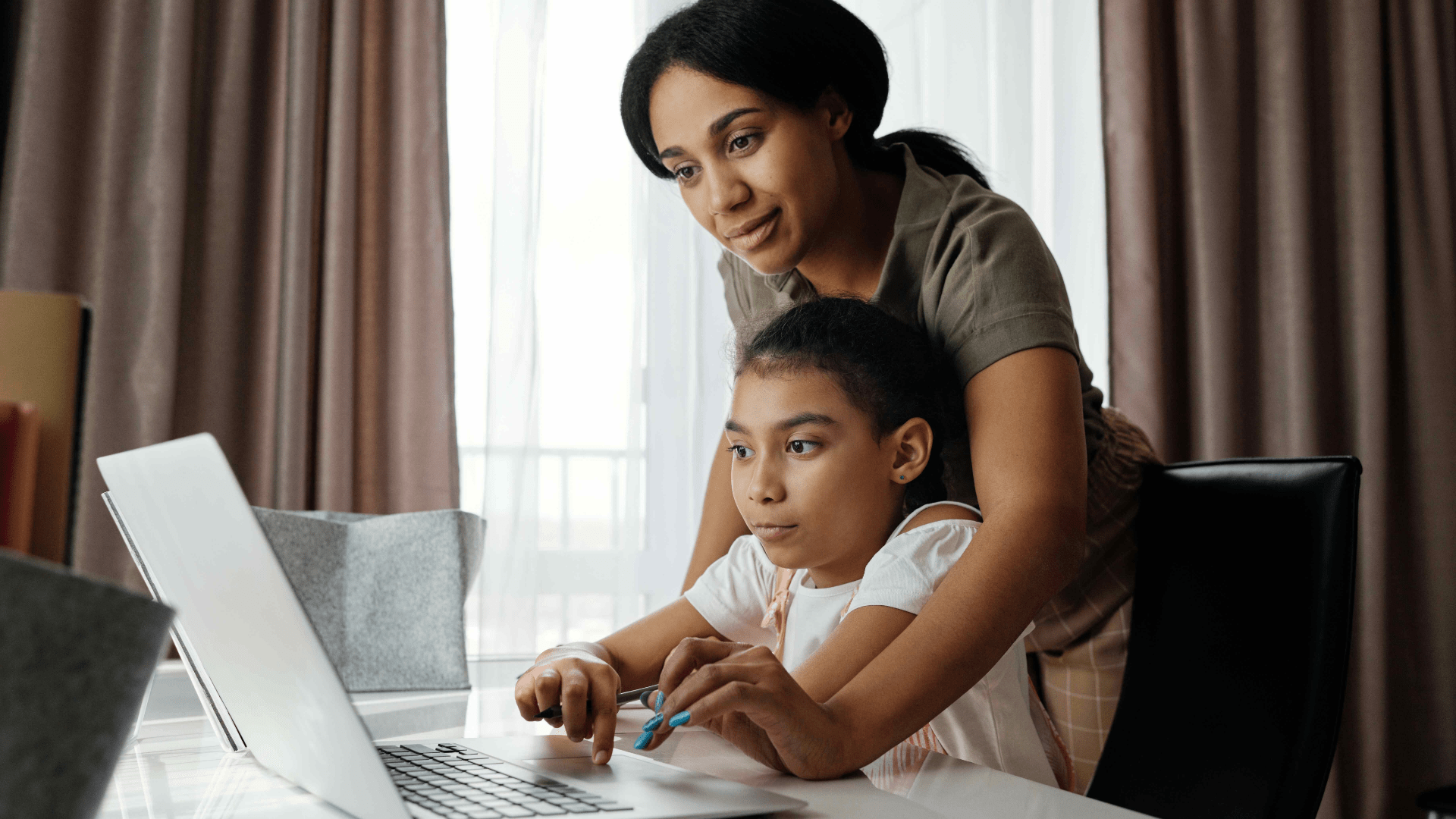The Internet is an important element of many people’s daily life. It’s entertaining, useful, and educational, but it may also be hazardous, no matter how safe you feel when surfing. You can however secure your information if you develop the habit of following basic Internet safety practices.
Protecting your passwords
Use strong, one-of-a-kind passwords. When establishing a password for your account. Use a combination of numbers, symbols, and characters in both capital and lowercase. It is best to avoid using the same password for numerous accounts. It’s more difficult to remember, but it’ll keep your data considerably safer.
Longer passwords are always more secure, so consider using a favorite quotation or lyric from a book, song or movie. Bare in mind that certain websites have password length limits, so be sure to adhere to them as well. Avoid using popular passwords such as “12345” or “password,” as well as personal information about yourself.
To keep passwords safe and organized, use a password manager
Password managers generate and store secure, unique passwords for each of your accounts automatically. Simply generate one master password for the manager and leave the others as they are.
Some password managers are free to use, while more premium versions are available at a price.
1Password and LastPass are two well-known and trustworthy password managers. Others can be found by searching for them online.
You may also use your browser’s built-in password synchronization service, but it’s less secure and more prone to hackers, so use with caution.
Turn on multi-factor authentication for your accounts
Multi-factor authentication strengthens an account’s security by needing additional information to log in, such as a code texted to your phone. This feature is provided by several big email providers and social media accounts.
Check the site’s Settings page to see if an account has multi-factor authentication enabled.
This extra step may appear inconvenient, but it will keep your information safer than just a password alone.
Sign up for accounts only on trustworthy websites
Consider carefully before creating an account on a website, even if it only takes your email address. Regardless of how secure your passwords are, entering them on dangerous websites puts your information at risk.
Avoid websites with misspellings or poor language in their URLs, since they might be hazardous clones of legal websites.
Look out for sites with a lot of pop-ups, numbers, or nonsense in their URLs.
Do not open emails or files from unknown senders
Scammers that use phony emails or texts to trick you into disclosing personal information are known as phishing scammers. If you receive an email from an unknown address or from an address you recognize but with a questionable content, transfer it to your spam folder.
The email may also contain links that appear to be authentic. However, never click on them unless you have confirmed that it is a valid message. If you know the individual whose email address was used, notify them that their account has been compromised and report the phishing.
Using Social Media and Email Safely
Set your profiles to private. Keeping your social media profiles private might make it more difficult for strangers to contact you or obtain your information online. Select the option that allows just you or your friends to see your profile. Even then, don’t rely on privacy settings to keep your account hidden.
To check and alter your privacy level, go to your account settings and your security or privacy menu.
Even if you want to keep your profile public, make certain that important information, such as your address and phone number, is concealed.
Evaluate the information on your social media platforms that is visible to the public. Important information on your account may fall through the gaps and become public, particularly if you just created or modified your profile. Navigate to the Privacy area of your account to see what information is publicly available to individuals who aren’t your friends.
Do this every few months or so to ensure that whatever you wish to keep secret remains private.
Consider whether you’ll be sorry if you post something. Knowing what is and isn’t acceptable to publish is an important part of being safe on the Internet. It may feel great to post something improper or controversial in the moment, but keep in mind that those postings can be screenshotted, read, and shared by people all over the globe, even if you remove them.
As a general rule, consider if your post is something you’d want your parents or future employers to view. Don’t post if the answer is no.
Using Safe Sites and Networks
Avoid visiting sites that appear to be bogus or fraudulent. If you’re even vaguely familiar with the Internet, you’re probably aware of terrible links when you encounter them; sloppy language, popups, “click bait” headlines, or a phony-looking site address. Avoid visiting these websites and never download anything from them.
Spending time on these websites might infect your computer with a virus or cause it to crash.
Clear your internet history regularly to protect your privacy
Many websites have access to your cookies, which are tiny text files that store your preferences and allow websites to respond to them, typically by showing you more relevant advertisements. Cookies, on the other hand, can be exploited by hackers to obtain your personal information.
Clear your cookies every a month or so to remove any personal information that may have been stored in them.
Do your online transactions on secure websites
When buying online or entering into your online bank account, ensure sure the URL begins with “https” rather than “http.” The “s” indicates that the website is safe and encrypts your data to prevent it from being stolen.
A tiny lock icon in the URL field should also be shown for secure sites. Although it is easy to keep your payment information on a shopping site, you should exercise caution since doing so puts you at danger if the site is hacked.
Never use public WiFi networks
Instead, use private ones. Public WiFi, such as that found in restaurants, hotels, and airports, is frequently unprotected, making it simpler for someone to get into your computer. Connect to an unprotected network only when absolutely necessary, and be aware of the hazards it may entail.
If you frequently use WiFi while on the move, consider purchasing a virtual private network (VPN), which is a piece of hardware that can generate a secure, private connection from anywhere.
Connect with caution on your smartphone as well. Before joining, if possible, validate the WiFi’s name and login criteria with staff.
Protect your home network by installing a firewall
A firewall is a type of digital barrier that keeps unauthorized devices from accessing your computer or phone. Many computers come pre-installed with a firewall; check the security area of your computer to see whether it has one.
Firewall software can also be downloaded for a charge from trustworthy third party service providers such as Norton, McAfee, or Microsoft.




